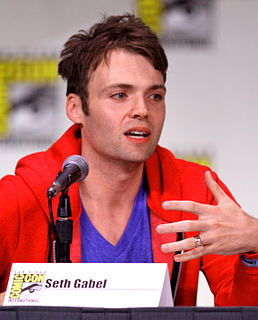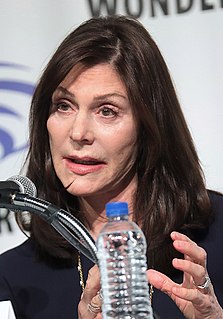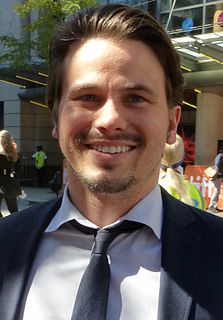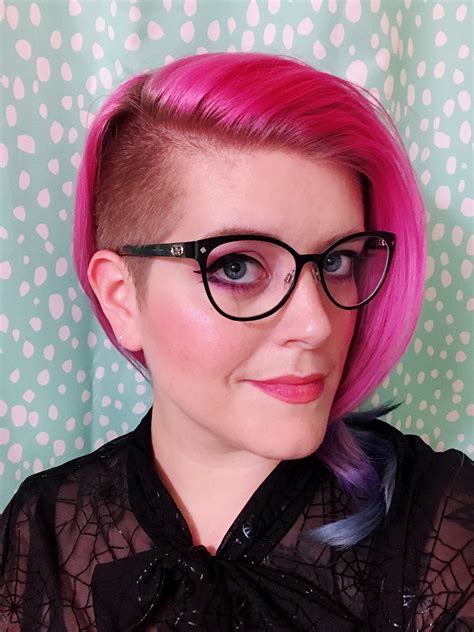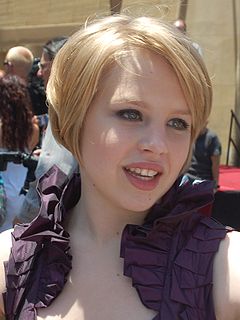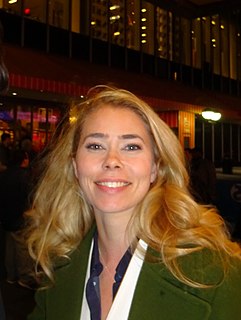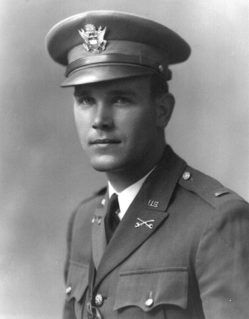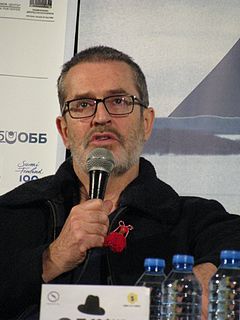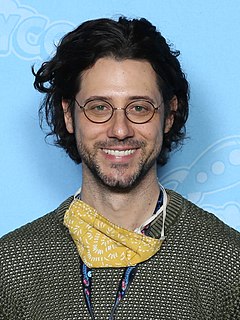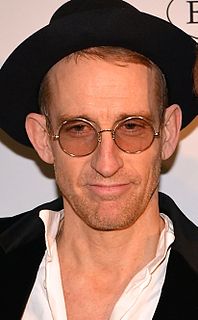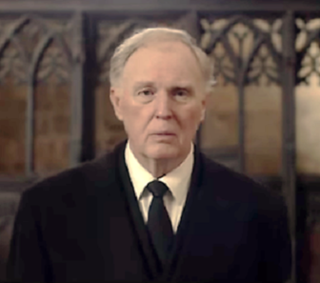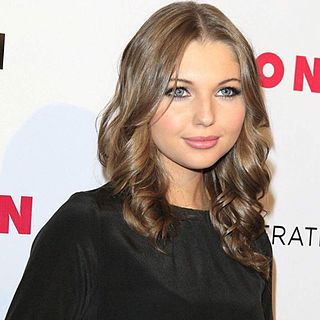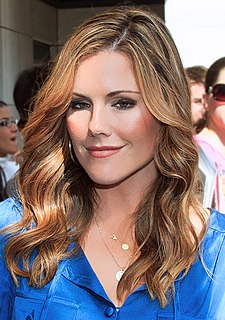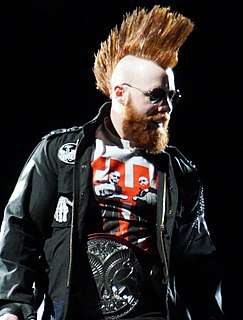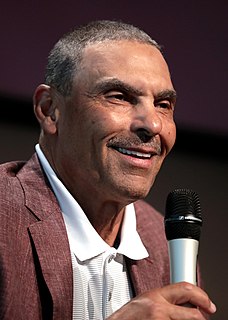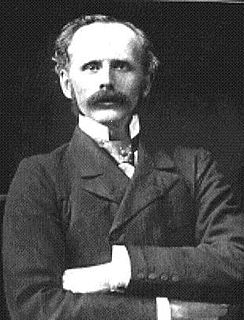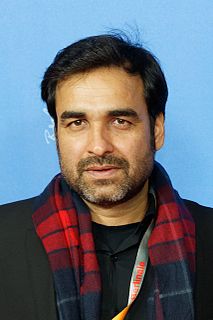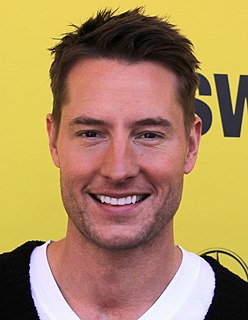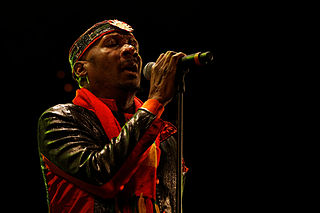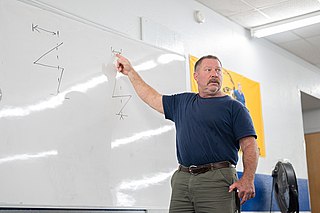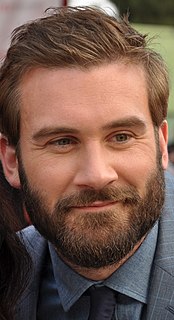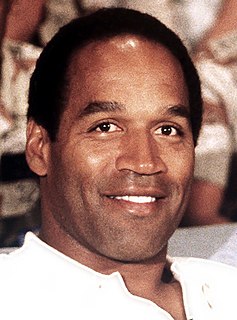Top 1200 Character Assassination Quotes & Sayings - Page 16
Explore popular Character Assassination quotes.
Last updated on November 19, 2024.
Of course, there are dangers in religious freedom and freedom of opinion. But to deny these rights is worse than dangerous, it is absolutely fatal to liberty. The external threat to liberty should not drive us into suppressing liberty at home. Those who want the government to regulate matters of the mind and spirit are like men who are so afraid of being murdered that they commit suicide to avoid assassination.
A tactic used by authors of virtually every single book I've ever read that propounds a conspiracy theory is to attack an agency as being part of a conspiracy in the Kennedy assassination, but when this same agency comes up with something favorable to the author's position, the author will cite that same agency as credible support for his argument.
The Kennedy assassination has demonstrated that most of the major events of world significance are masterfully planned and orchestrated by an elite coterie of enormously powerful people who are not of one nation, one ethnic grouping, or one over-ridingly important business group. They are a power unto themselves for whom those others work. Neither is this power elite of recent origin. Its roots go deep into the past.
As an actor, you don't want to know the beginning and end to your character's arc. It makes it more fun. You're not playing the end. You're playing it realistically. You don't know where this character is going to go and what's going to happen to him, which just makes it more interesting for the viewers to watch. They're going on the journey with you, as the actor and the character.
Dogs would make totally incompetent criminals. If you could somehow get a group of dogs to understand the concept of the Kennedy assassination, they would all immediately confess to it. Whereas you'll never see a cat display any kind of guilty behavior, despite the fact that several cats were seen in Dallas on the grassy knoll area, not that I wish to start rumors.
I was driving home the other night, listening to the radio, and the guy filling in for Art Bell on Coast to Coast AM was talking to some other guy about Nazis, UFOs, the Kennedy Assassination, time travel, and George Bush, and how it all relates to OneWorldGovernment. This, of course, made me think about barbell training.

